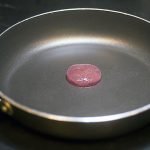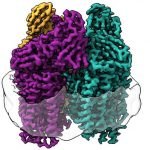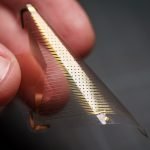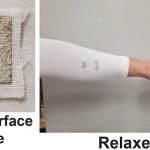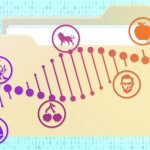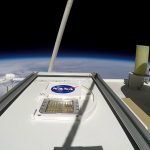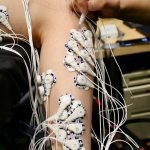Scientists bring cultured meat closer to your kitchen table
Researchers at UCLA have created an edible particle that helps make lab-grown meat, known as cultured meat, with more natural muscle-like texture using a...
What you need to know about GMO foods
Genetically modified organism (GMO) foods have been available to consumers since the early 1990s.
Since then, FDA, EPA, and USDA have worked together to ensure...
Methane-eating bacteria could convert greenhouse gas into fuel
Methanotrophic bacteria consume 30 million metric tons of methane per year.
They have captivated researchers for their natural ability to convert the potent greenhouse gas...
New sensor could capture brain signals in record-breaking resolution
A team of engineers, surgeons and medical researchers based at the University of California San Diego has developed brain sensors that record electrical signals directly from the...
Bacteria maybe the future of oil spill and radioactive waste cleanup
Bacteria are often painted as our adversaries, but when it comes to oil spills, toxic chemicals, and radioactive waste, they could be what save...
New process could turn ordinary clothing into biosensors
They say you are what you wear.
New biosensor technology created at the University of Utah's College of Engineering makes that even more true.
Chemical engineering...
Your digital photos could be stored as DNA one day
On Earth right now, there are about 10 trillion gigabytes of digital data, and every day, humans produce emails, photos, tweets, and other digital...
Life from Earth could temporarily survive on Mars, shows study
Some microbes on Earth could temporarily survive on the surface of Mars, finds a new study by NASA and German Aerospace Center scientists.
The researchers...
New surgery could help better control prosthetic limbs
MIT researchers have invented a new type of amputation surgery that can help amputees to better control their residual muscles and sense where their...
Artificial intelligence could predict whether you’ll die from COVID-19
Artificial intelligence could predict who is most likely to die from the coronavirus.
In doing so, it can also help decide who should be at...

